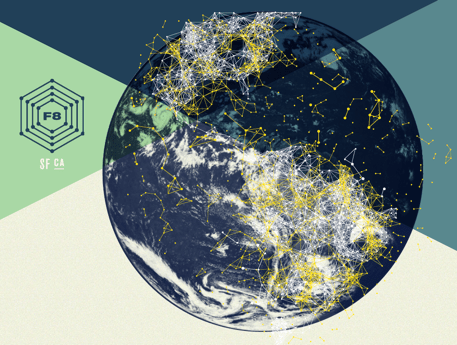Last week at our TechCrunch Disrupt conference, I had the opportunity to interview Facebook’s VP of Engineering Mike Schroepfer. It was a great talk: I asked him about his favorite features on Google+ (he said something about loving competition), and there was even a brief mutual death glare.
A few minutes after the interview, I chatted backstage with Schroepfer and Facebook VP of Global Communications Elliot Schrage and asked about their impending f8 developer conference, which takes place on September 22.
Schrage’s eyes grew wide — he paused, then said that this was going to be big, and that it would go down as either the most important, or the second most important f8 yet. When I asked which of the previous three conferences might best it, he said that only the first one, back in 2007, stood a chance. Which is when they originally launched Facebook Platform, allowing third party developers to tap into the social graph for the first time.
He also made it clear that he believes this f8 will be bigger than last year’s conference, which was no slouch: it saw the launch of the Open Graph API, Instant Personalization, and the now-ubiquitous Like Button, among other things.
In other words, we should expect this year’s f8 to bring a lot more than the video and music services that have already been thoroughly covered. Frankly I don’t think either of those would fundamentally alter the Facebook experience — they’ll make some people happy, and they may help services like Rdio, Spotify, and MOG get more users, but there’s still going to be a lot of friction getting people to change the way they consume media.
Instead, I’m guessing we’ll see some much bigger changes — things that alter the way Facebook’s graph works, and that will enable a new class of applications to flourish (like, for example, those aforementioned media sharing apps). I’m still digging to find out the specifics, but I wouldn’t be surprised if these changes revolve around broader sharing. After all, so much content on Facebook is already shared with a ‘Public’ setting — Facebook just needs to start surfacing that content to more people.
Facebook’s recently-launched Subscriptions feature is a great example of this. At risk of tooting my own horn more than usual, I’ve watched my Subscriber count grow from zero to 2,500 in less than a week (that’s way faster than I’ve ever accrued followers on Twitter). I can’t take much credit for the growth though — the only thing I posted was a photo of puppies. Instead, this uptick is fueled by the way Facebook works suggestions into News Feed and various widgets. If Facebook can create similar viral growth around content shared from other apps, that would be a big deal, indeed.
